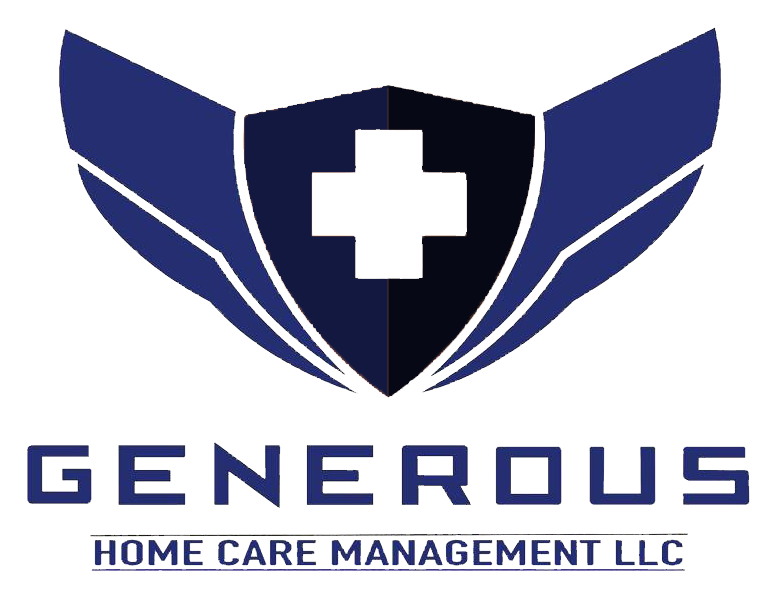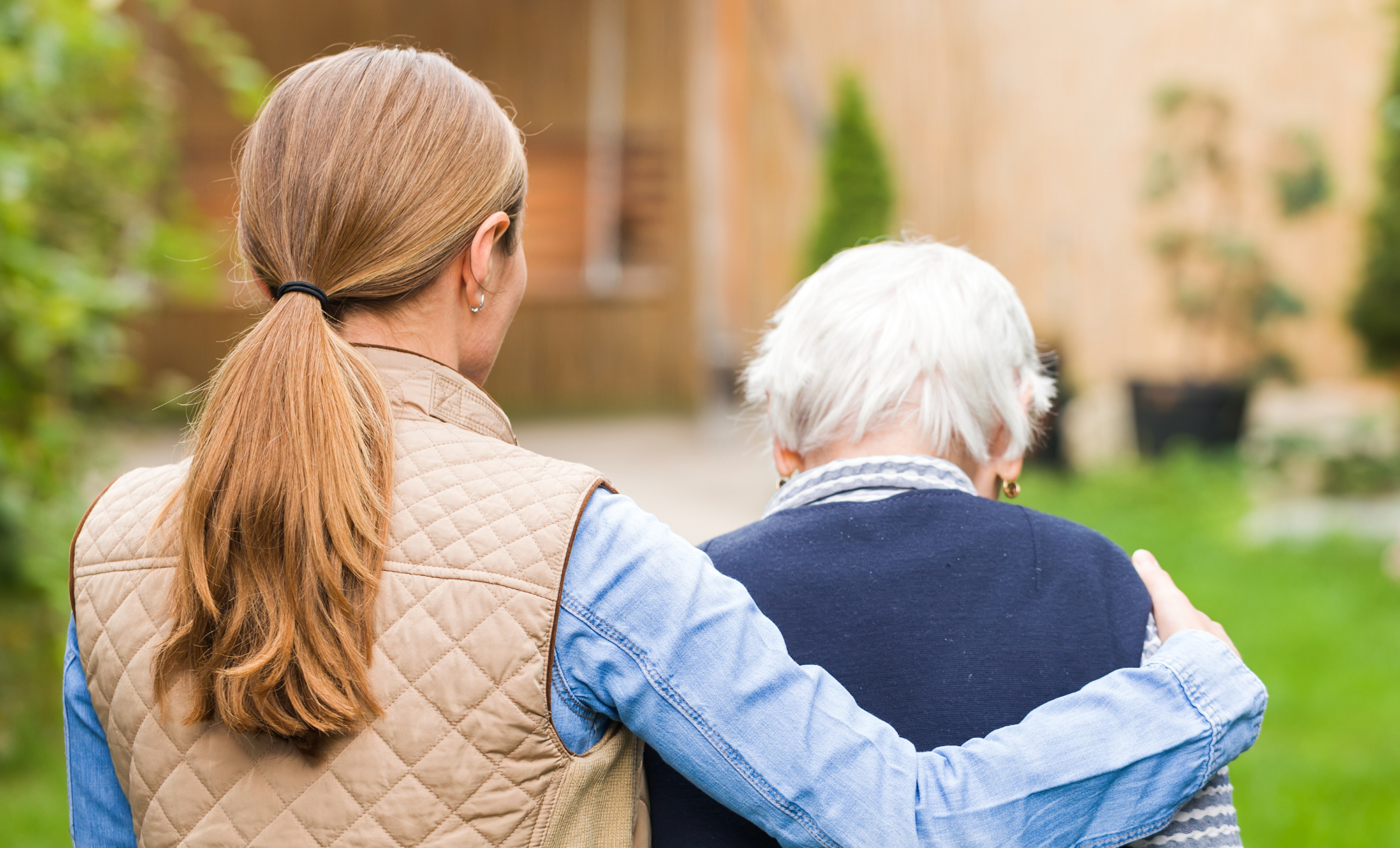The vast majority of elderly men and women have expressed a desire to age in place, remaining in their own homes as they get older; however, staying at home alone is not always a safe thing to do. From falls that could lead to broken bones to poor nutrition due to difficulties with meal preparation, the consequences of living at home can be dire for some members of the elderly population.
That is why it is so important for loved ones to keep tabs on the people they care about. Knowing the warning signs could save a life, and the timely assistance of an in-home care agency could make a huge difference. Here are some signs that your loved one may soon require this kind of care.
Frequent Falls
Falling can be bad at any age, but for the elderly, a simple fall could result in broken bones, a lengthy hospital stay, and even a stint in rehab or a nursing home. If the loved one in your life has experienced some recent falls, it may be time to call in reinforcements.
In-home care professionals can assess their current living situation, make recommendations for improvement, and develop a course of action. It can be as simple as adding grab bars to the shower or a frame around the toilet, or something as complex as a complete home renovation or the start of 24-hour care.
Unexplained Bruises
Elderly men and women who want to remain in their own homes may not be forthcoming about falls they have experienced. They may hide those details from worried family members, insisting that everything is fine and that there is no cause for concern.
That reluctance to admit frailty is one more reason for loved ones to monitor the health of their elderly friends and relatives. Look for bruises on their arms and legs, unexplained cuts on their hands, or anything else that could be the result of an unreported fall.
Repeated Hospitalizations
It is not unusual for older people to end up in the hospital, as health problems tend to crop up over time. Even so, repeated hospital stays should always be a cause for concern.
If a parent, grandparent, or other relative is in and out of the hospital on a fairly regular basis, it is time to do some investigation. Talking to their doctors, asking pointed questions, and doing your homework can all yield results. The more you learn, the easier it will be to take the right kind of action.
Weight Loss
It is important to monitor the health of your elderly loved ones, including keeping tabs on their weight. If you notice an unexplained loss of weight, it may be time for an intervention.
Older men and women may no longer be comfortable with cooking and meal preparation, and their nutrition could suffer as a result. If you live close by, take a look in the pantry and the fridge and ask some questions about mealtime and eating habits. Be ready to step in if need be.
You want the best for the elderly loved ones in your life, and you want to honor their wishes and their desire to age in place. But you also want to ensure the safety of your loved one, and that means recognizing the warning signs before it is too late. If you see any of the signs listed above, it is time to make some changes.




